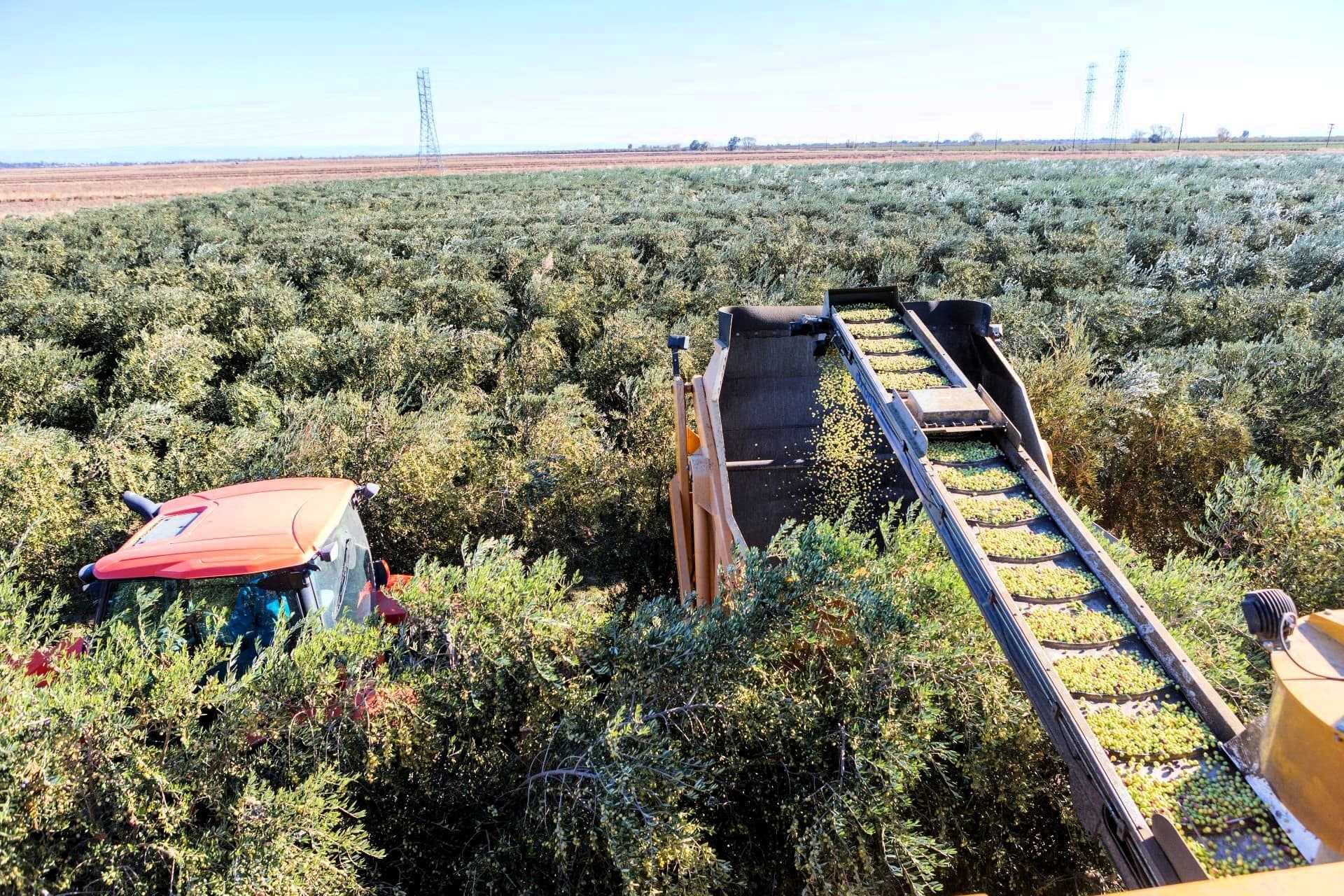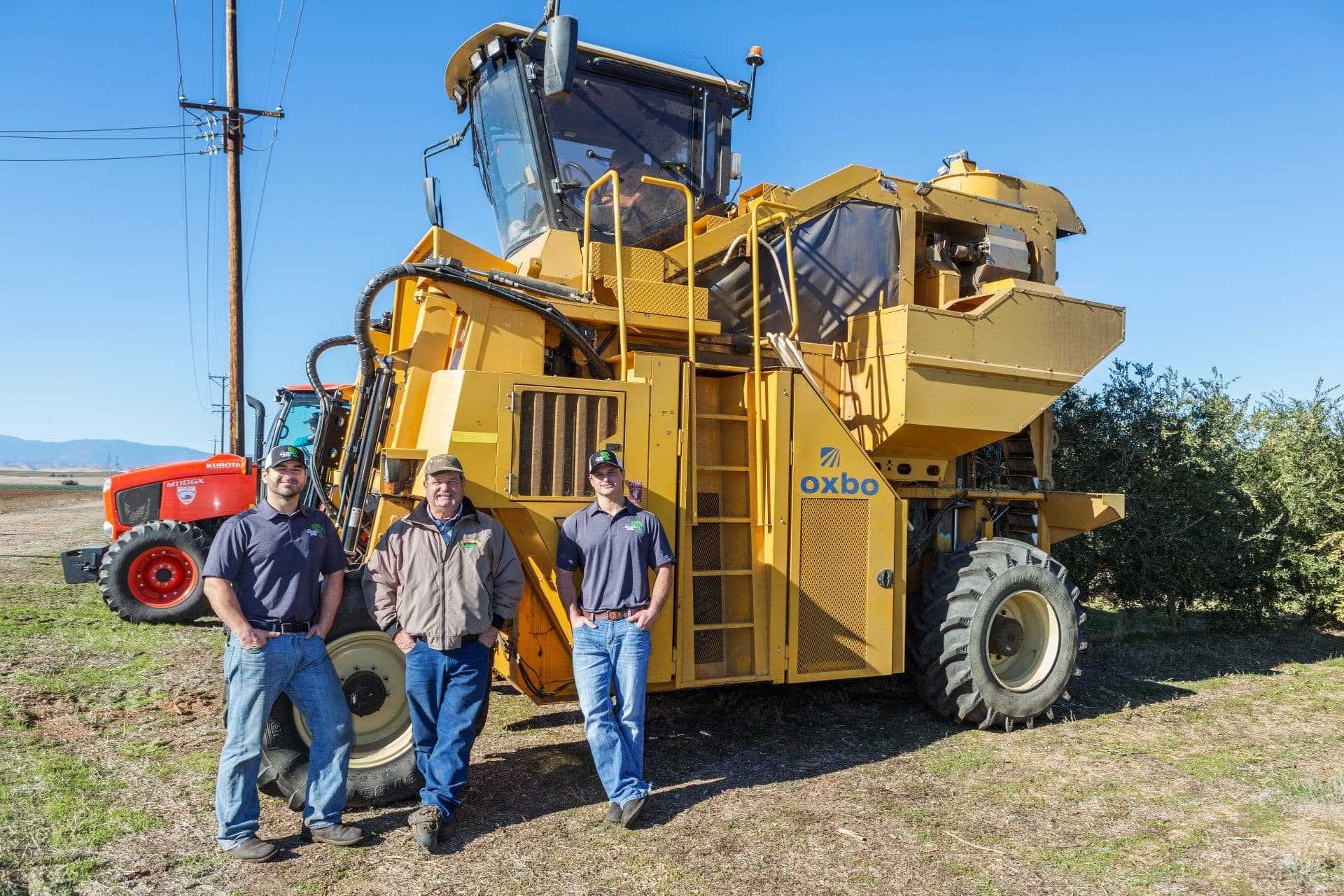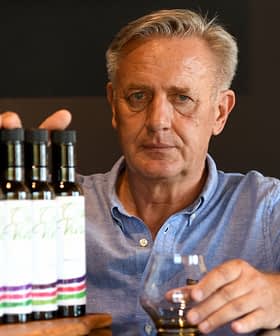Family Behind Organic Roots Adapts as California Drought Refuses to Break
The Polit family started out as rice farmers, but the state’s decades-long drought caused them to begin growing olives, which they continue to transform into award-winning oils.
 Photo: Organic Roots Olive Oil
Photo: Organic Roots Olive OilCalifornia has spent 33 of the past 35 years in conditions of drought, according to data from the National Integrated Drought Information System. The Polit family are among the farmers who have managed through some of the worst years and been forced to adapt.
The family produces Organic Roots Olive Oil in northern California’s Sacramento Valley, which boasts an ideal Mediterranean climate for growing olives.
Mike Polit was a miller for a large rice mill in the 1970s and decided to begin his own. He reached out to Chico San Rice Cakes, who agreed to back Polit in return for providing organic rice.
See Also:Producer ProfilesPolit Farms was founded in 1983, and now covers more than 2,600 organically cultivated acres (1,050 hectares).
“Most importantly, we believe in the organic growing process not only for a cleaner, healthier product but for land conservation and sustainability as well,” Sherry Polit told Olive Oil Times.
“We built an organic rice processing mill and olive press from the ground up and have maintained it as a family-owned operation ever since,” she added.
The ranch grew only organic rice for years. However, it became increasingly difficult to get the adequate water supply needed for growing grain.
After considering other crops, they decided to plant olive trees, continuing to follow organic production best practices. In 2008, the Polit family celebrated their first harvest season, producing organic Arbequina extra virgin olive oil.
Their organic olive orchard is in the foothills of Glenn County, outside the town of Willows.

Photos: Organic Roots Olive Oil
By 2010, they planted Arbosana and Koroneiki olive trees, followed by more Arbequina trees in 2019. The family now manages 600 planted acres of olive trees.
“In 2012, we decided to move forward and install our own organic olive pressing facility,” Polit said. “We built a state-of-the-art olive processing facility with most of the equipment coming from Italy and the rest from Spain.”
Their orchard has around 300,000 olive trees planted at super-high density, which are harvested using a special Oxbo harvester.
Each family member has a specific role in the company. For example, sons Nathan and Lukas take charge of the milling operation, and their sister, Nikkol, oversees the olive mill production and balances the books.
This year, the team at Organic Roots Olive Oil reaped the rewards of their hard work, earning awards for their Arbequina and Koroneiki oils at the 2021 NYIOOC World Olive Oil Competition. The monovarietals have been awarded at the prestigious contest in each of the past four years.

“Entering and winning with our organic extra virgin olive oils at the NYIOOC has helped our olive oil and brand gain recognition with not only olive oil consumers but with the olive oil industry as well,” Polit said.
After a record harvest season in 2019, in which they produced 79,900 gallons (363,000 liters), production fell steeply in 2020. Last year, the company produced just 27,800 gallons (126,000 liters).
With California entering its most severe period of drought since 2017, the Polits face challenges maintaining their organic regime with a dwindling water supply.
“With extremely dry conditions this year, we had to start irrigating the trees earlier than ever before,” Polit said. “To make matters even more difficult, there are zero water allocations from our water district.”

“We are relying on two wells to provide water for our 600 acres (240 hectares) of organic olives. Everybody in our area is doing the same,” she added. “The groundwater levels are dropping due to everyone pumping from wells. This causes the well yields to drop as well. To compensate, we had to irrigate in smaller sets and pump for more hours. We are praying that we make it through this summer.”
Despite the drought and other challenges, Polit is still looking forward to an improved harvest in 2021, compared with the previous crop year.
“The 2021 crop looks good so far. Olive trees are an alternate bearing crop, which means one year you will get a heavy crop and then a lighter crop the next year,” Polit said. “Also, Mother Nature is always a factor in our production as well.”
“We are also looking forward to having our younger block of Arbequina, planted in 2019, coming online for harvest in 2022,” she added. “We are excited to see how it shakes out.”








